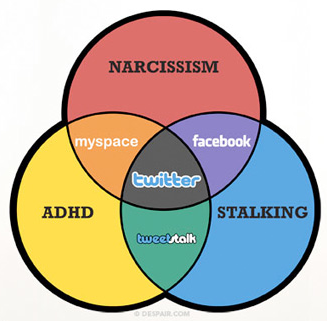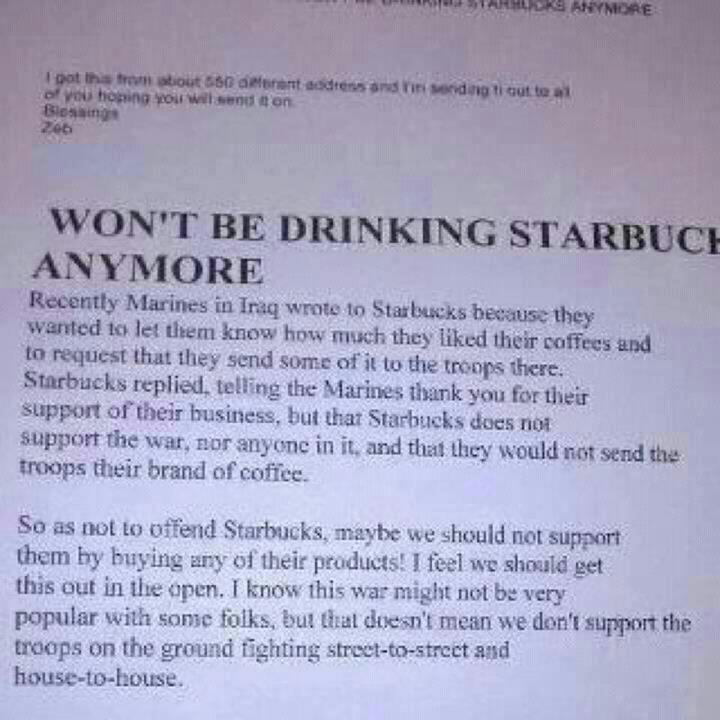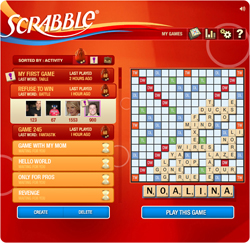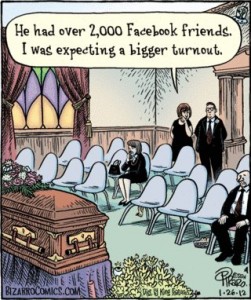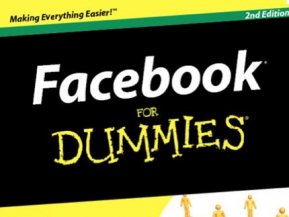One of the things I enjoy about Facebook is seeing who is hooking up with who. When I see friends and family basking in the glow of a new love, it makes me happy. But even on Facebook, love is a double-edged sword.
Mood music:
At some point, every relationship needs work. When that happens, Facebook becomes the last place you should share your feelings. Tossing laundry stained with the blood of your busted heart onto your wall for all to see has several bad effects. Not the least of which are:
- It’s harder to make up when your anger goes viral. Once you say something in anger to your significant other on Facebook, it becomes a lot harder to take those words back. By the time you think better of it and press the delete button, most people have already seen it.
- It’s harder for people to take your feelings seriously. This may sound cruel, but it’s the truth. When you take to Facebook at every rough turn in your relationship, friends and family become desensitized. One friend once Facebooked a live, running commentary of a fight she was having with her husband. Every time he said something that made her mad, she got on Facebook. I eventually called her out on it and she unfriended me. I hate to say it, but I don’t miss her.
- Nobody likes drama kings or queens. This is an extension of the second point. If all you do on Facebook is complain about how wronged you feel, people are going to get tired of you. You become that annoying sound in the back of the room when people are trying to watch something on TV.
- You shouldn’t be telling us about your problems. Remember that we’re not the ones you are having a fight with. If you’re telling all of us about your romantic problems, you’re clearly not present to talk through it with the person who matters most.
- Today’s Facebook venting is tomorrow’s court document. Let’s say your relationship crumbles and you’re headed for divorce. Once that happens, the lawyer representing your estranged spouse will scour the Internet for every shred of anything you’ve ever written online. Depending on what you’ve said in the heat of the moment, those words will be used against you.
Having said all that, I’ll go on the record and admit that I’m not a perfect follower of these points. I’ve written blog posts about difficult relationships, and I certainly won’t be getting a prize anytime soon for mending all the fences that deserve my attention. What I post here goes straight to Facebook. In my defense, though, I’ve typically described things that happened deep in the past. It’s written long after I’ve had time to process the emotions and lessons.
And I always have my limits. If I’m having a disagreement with my wife, I’m not sharing it on the social networks.
She’d kill me if I did, and rightfully so.


